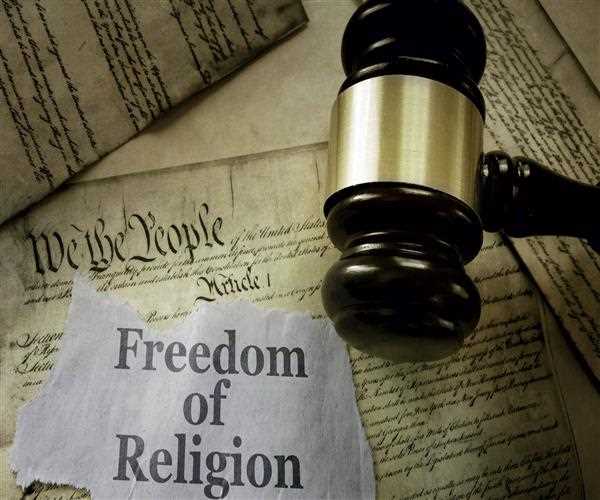
Overview
The international aspect of the problem can be solved by the Universal Declaration of Human Rights. In the convention,
article 18 of the Convention has the provision which allows a person to practice his religion. And nowadays there are almost all the countries are bound to obey international conventions. But it is not as normal because there are many countries that do not follow their convention rule and still restrict and ban many of the religions in their country.
The freedom to choose the religion is the fundamental Right of any person and even to have or not have religion is the basic choice of the person, not the government rule to force anyone to not and do-follow.
Article 18 of the Universal Declaration on Human Rights
Freedom of Religion or Belief
“The obligation of the state is to guarantee freedom of religion, and that implies dealing with all of them on an equal footing”.
The above line of the UDHR is giving a Right to the person to live freely while selecting the religion and says have the Religion, without Religion, and change Religion. And on the same point, it is compelling the state to follow the line of the UDHR.
The countries where the status of religion is either selected or the changing is so bad, areas –
Burma
90% of the population of Burma is Theravada Buddhist
and the government embraces and promotes Christianity, Islam, and Hinduism. And the rest of the minority people who do not follow the government of the country are being prohibited in the entry in the buildings and offices of the governments and public also.
Burma’s officials strictly prohibit the people of the nation to practice other religions rather than the religion of their own countries.

China
The Chinese government also prohibits people other than the followers of their own religions who are allowed. The Ruling
Chinese Communist Party is officially an Athiest organization. The constitution of China actively provides the freedom of religion but on the ground level, it restricts the people to enter government buildings, private-owned buildings, and many other places other than those religions.
Buddhist
Taoists
Muslims
Catholics
Protestants
Rather than these religions, the Chinese government do not allow registering to any of its services, and their policy is even fundamental in nature.